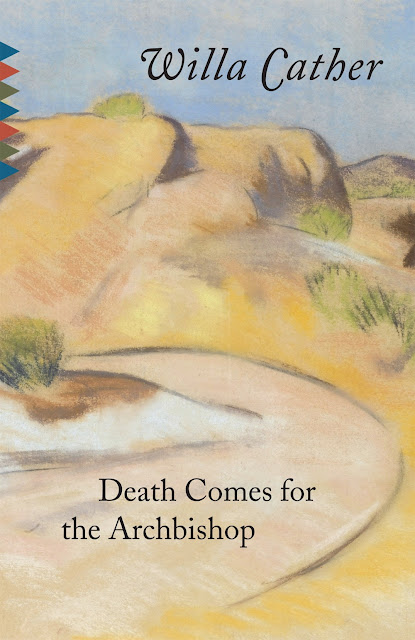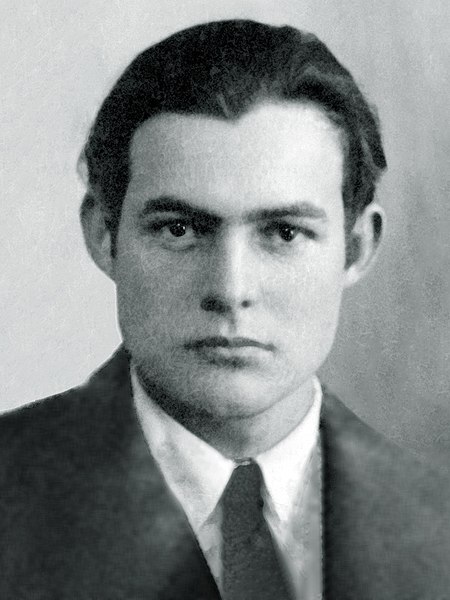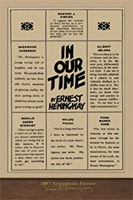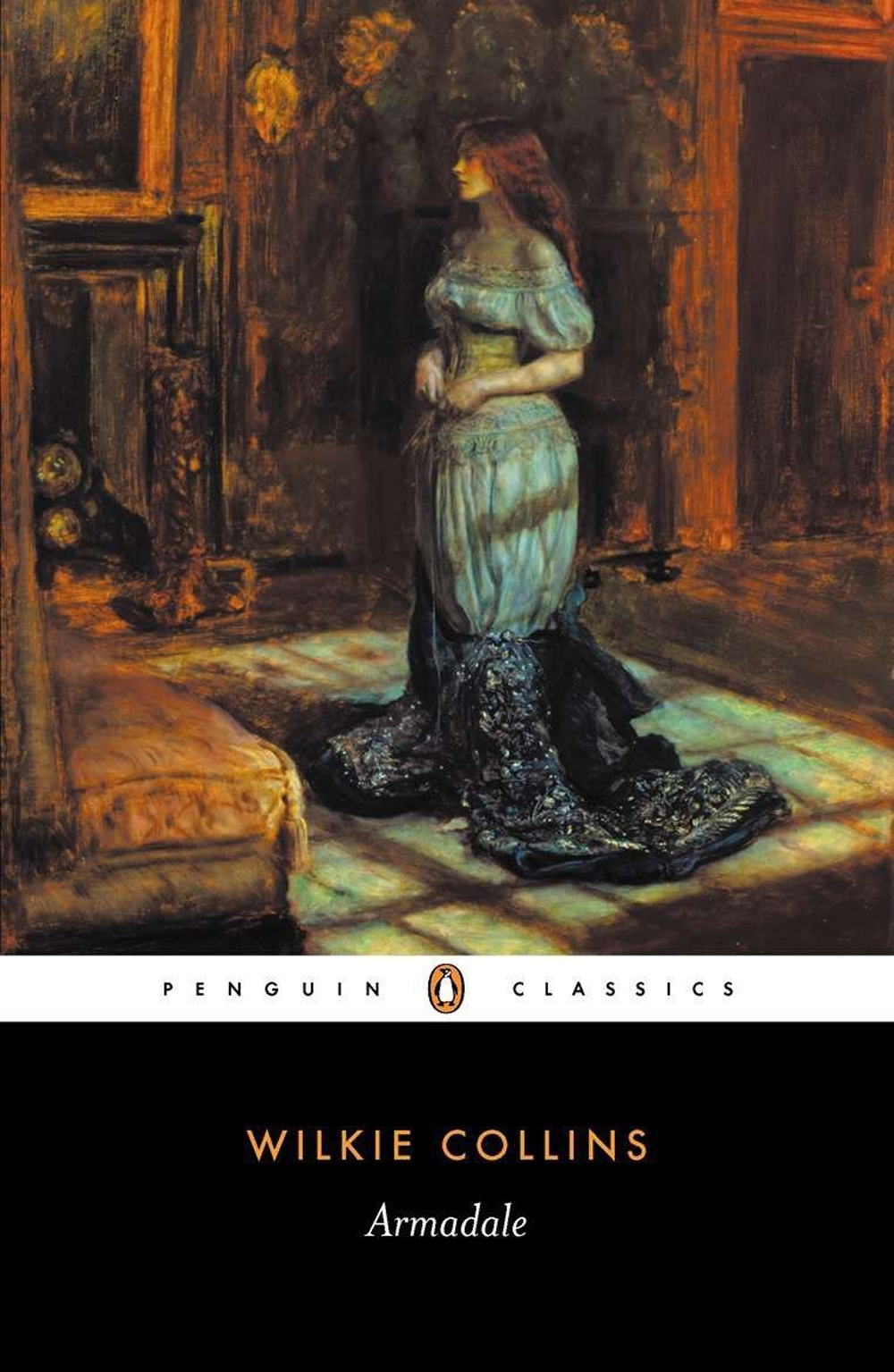Willa Cather’s Death Comes for the Archbishop (1927) tells the story of two French missionary priests, Bishop Jean Latour and Father Joseph Vaillant, who aim to establish a Roman Catholic diocese in New Mexico. It is a work of historical fiction. Cather roughly based these characters on Jean-Baptiste Lamy, the first Archbishop of Santa Fe, and Joseph Projectus Machebeuf, the first Bishop of Denver.
Latour and Vaillant were childhood friends. In contrast to Latour, who is serious and introverted, Vaillant is charismatic and outgoing. Both men are deeply committed to their work. Latour and Vaillant are responsible for a vast area of the Southwest. There are no roads or trains in the region yet, and there is no set way to travel, which makes their journeys difficult. The two French priests face many adventures and challenges in their work. The men are isolated in their tasks and goals, and both Latour and Vaillant are admirable protagonists.
In Death Comes for the Archbishop, Cather depicts the vastness of the Southwest and its mix of different people, cultures, religions, and traditions. Cather’s writing allows you to feel as though you are in New Mexico, whether you have ever visited the region or not. There is deep symbolism in the novel. For example, characters depict the seven deadly sins in story form. Cather also inserts some historical characters in her narrative. For instance, she includes Kit Carson as a character.
Early on, Father Latour feels disconnected from the land in the southwest. He plants an orchard to feel at home. In his later years, he appreciates the wilderness itself, choosing to remain in New Mexico instead of returning to France to die. His crisis in faith is moving, as is his longing for his dear friend after Vaillant leaves Santa Fe. Through it all, Latour remains committed to his goal of building a cathedral as a mark upon the wilderness.
The novel is a beautiful story of friendship, devotion, goodness, and commitment to a higher purpose.
Favorite Quotes:
"'To fulfil the dreams of one's youth; that is the best that can happen to a man. No worldly success can take the place of that.'"
"A wave of feeling passed over his bronze features as he said slowly:
'My friend has come.'
That was all, but it was everything; welcome, confidence, appreciation."
"One might almost say that an apparition is human vision corrected by divine love. I do not see you as you really are, Joseph; I see you through my affection for you. The Miracles of the Church seem to me to rest not so much upon faces or voices or healing power coming suddenly near to us from afar off, but upon our perceptions being made finer, so that for a moment our eyes can see and our ears can hear what is there about us always."
"These raindrops, Father Latour kept thinking, were the shape of tadpoles, and they broke against his nose and cheeks, exploding with a splash, as if they were hollow and full of air."
"...it was the Indian's way to pass through a country without disturbing anything; to pass and leave no trace, like fish through the water, or birds through the air."
"But Jean, who was at ease in society and always the flower of courtesy, could not form new ties. It had always been so. He was like that even as a boy; gracious to everyone, but known to a very few."
"'Once that kinship is there, time will only make it stronger.'"
"That air would disappear from the whole earth in time, perhaps; but long after his day. He did not know just when it had become so necessary to him, but he had come back to die in exile for the sake of it. Something soft and wild and free, something that whispered to the ear on the pillow, lightened the heart, softly, softly picked the lock, slid the bolts, and released the prisoned spirit of man into the wind, into the blue and gold, into the morning, into the morning!"
Related Reviews:
A Lost Lady by Willa Cather
O Pioneers! by Willa Cather
Purchase and read books by Willa Cather:



© penciledpage.com





















Search This Website